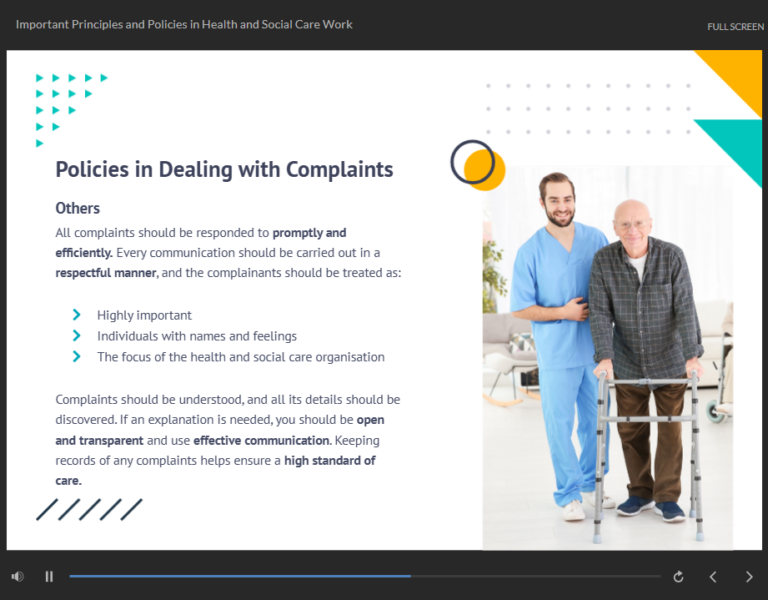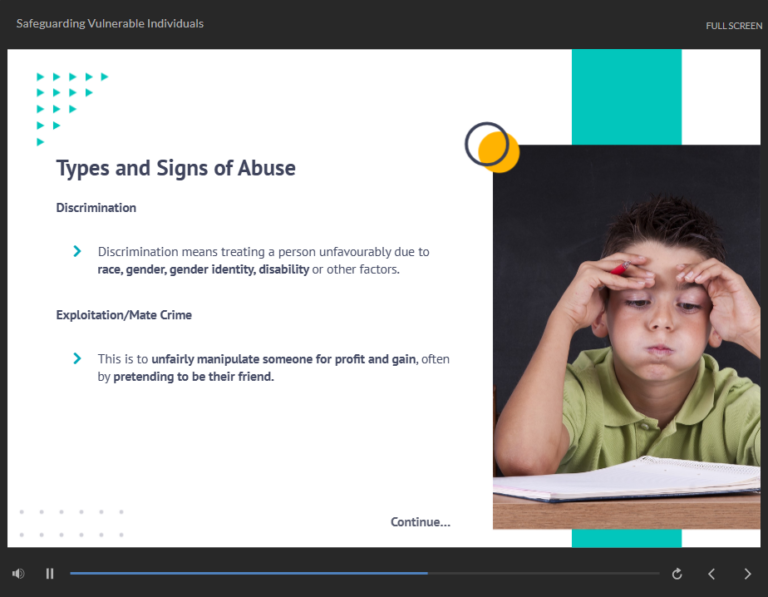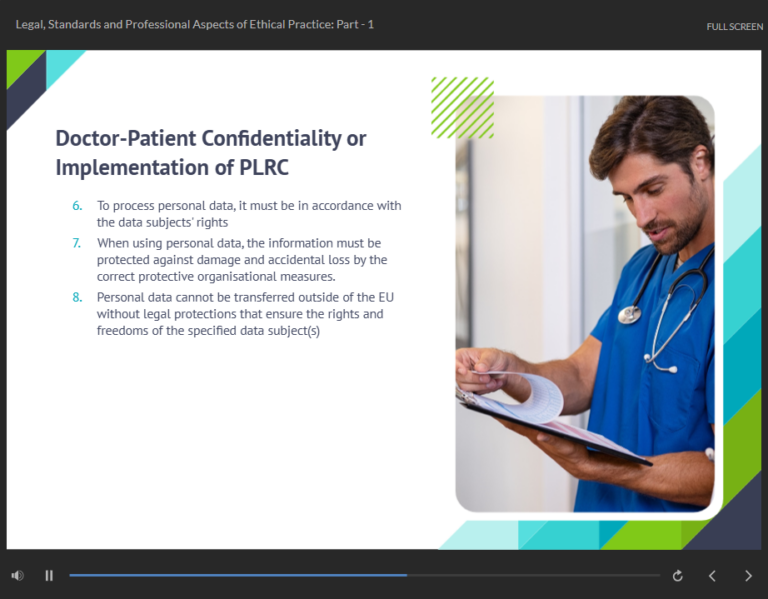GET THIS COURSE AND 1500+ OTHERS FOR ONLY £49 FIND OUT MORE
Caring begins with understanding. The health and social care level 1 course gives you the first step to support others with confidence. From day one, learn how your role can make a real difference in people’s lives by building trust, respect and strong communication.
This level 1 health and social care course introduces you to key values in the sector—duty, dignity and responsibility. Gain clear insight into how to respond to individual needs while respecting rights and following professional conduct.
Completing the Diploma in health and social care shows your readiness to support others with care and respect. This health and social care level 1 course opens the door to future study and entry-level roles. The course content is designed to guide your journey from learning to doing.
The training materials of this course are available online for you to learn at your own pace and fast-track your career with ease.
Key Features of Health and Social Care Level 1
- Accredited by CPD
- Free Certificate
- Instant e-certificate and hard copy dispatch by next working day
- Fully online, interactive course with audio voiceover
- 24/7 Learning Assistance
- Instant Access
- Free Retake Exam
- Self-paced learning and laptop, tablet, smartphone-friendly
£41,300 Average Salary, Up to £85,500/yr for this skill according to top UK career sites.
Sneak Peek
Learning Outcomes
By the end of this online diploma in health and social care training, learners will get the following benefits
- Understand the core values and purpose of the health and social care sector through foundational knowledge.
- Identify key methods of effective communication and explain their importance in supportive settings.
- Recognise the legal and ethical responsibilities linked to care roles and individual rights.
- Describe the expectations and duties of a caregiver and how they contribute to overall wellbeing.
- Apply communication principles to build trust, respect, and positive relationships in care environments.
- Demonstrate awareness of the standards and behaviours required of a responsible healthcare professional.
Who Should Take This Level 1 Health and Social Care?
Our Diploma in health and social care level 1 course is designed for anyone looking to begin a meaningful role in support work or care-related services. Whether you are just starting out or seeking a new path, this course lays a solid foundation. It offers the right start for those who want to understand how to support others with respect and responsibility.
- School leavers interested in a future within the care sector
- Individuals aiming to start with a recognised level 1 health and social care course
- Support workers seeking formal understanding of core values in care
- Career changers looking for entry-level knowledge in care settings
- Volunteers preparing to assist in residential or community environments
- Learners wanting to achieve a Diploma in health and social care for progression
Why Should You Choose Level 1 Health and Social Care Course?
Choosing the Level 1 Health and Social Care Course gives you a strong base to understand key concepts in care work. It introduces how the sector supports people and highlights the value of respectful communication. You’ll learn how care impacts daily life, helping you build a clear sense of how it all connects.
The course also shows how to support people’s rights. You’ll see how to treat others fairly and how to meet basic responsibilities in a care setting. It covers the importance of being kind, reliable and focused when supporting others.
You’ll also get a clear view of what it means to be in a support role. From basic tasks to how you behave around others, the course helps you gain clear direction in your first steps.
Career prospects / job opportunities in the Health and Social care Sector in the UK
Completing a diploma in health and social care level 1 course can lead to several entry-level roles across the UK. It provides a solid start, helping you meet the basic expectations of care work. With rising demand in the sector, having a level 1 health and social care qualification increases your chances of employment. Many roles focus on supporting others with daily tasks, communication, and personal support.
-
Care Assistant
Supports people with personal needs such as washing, dressing, and eating. Works in homes or care facilities and provides emotional support when needed.
-
Support Worker
Helps adults or children live independently. This includes help with learning, social activities, and household duties.
-
Healthcare Assistant
Works under nurses in clinics or hospitals. Helps with feeding, cleaning, and patient movement in care units.
-
Residential Care Worker
Supports residents in long-term homes. Offers help with medication reminders and daily wellbeing checks.
-
Community Support Worker
Visits clients at home and ensures they remain safe and supported. Builds strong bonds with people across local areas.
-
Mental Health Support Worker
Assists individuals facing emotional challenges. Encourages daily routines and healthy social interaction.
Level 1 Health and Social Care Online Course Duration and Format
The Level 1 Health and Social Care online course is designed to be completed in just 2 hours, 6 minutes, making it perfect for those looking to start their career in care without a long commitment. This compact duration ensures that learners can gain the essential knowledge they need in a short time.
The course is divided into clear modules, with each one focusing on core aspects of health and social care. You will cover topics like communication, rights and responsibilities, and the role of a caregiver. This format ensures a well-rounded foundation in care.
Access to the Level 1 health and social care materials is flexible, with the course available online. This means you can study at your own pace, whenever it suits you, from any location.
Certification
Once you’ve successfully completed your course, you will immediately be sent a digital certificate. Also, you can have your printed certificate delivered by post (shipping cost £3.99). All of our courses are fully accredited, providing you with up-to-date skills and knowledge and helping you to become more competent and effective in your chosen field. Our certifications have no expiry dates, although we do recommend that you renew them every 12 months.

Accreditation
All of our courses, including this Level 1 Diploma in Health and Social Care course, are fully accredited, providing you with up-to-date skills and knowledge and helping you to become more competent and effective in your chosen field.
Course Curriculum
The detailed curriculum outline of our Level 1 Diploma in Health and Social Care is as follows:
Module 01: Introduction to Health and Social Care
This chapter introduces the fundamentals of social care, explaining its importance in supporting individuals across different age groups and backgrounds. You’ll learn about the key values of care, including dignity, respect, and empathy, and understand how these principles apply to various care settings.
Module 02: Communication and its Relevance
- Understand why effective communication is essential in health and social care, fostering as well as shaping better understanding and collaboration for individuals and community fibre.
Module 03: Rights and Responsibilities
- Explore the vital rights and responsibilities of health and social care workers, promoting and focusing on respect, ethical practices, accountability and professionalism in every aspect of care.
Module 04: Role as a Caregiver and Healthcare Professional
- Discover how caregivers and healthcare professionals support lives daily. Build skills to make an impact in today’s dynamic healthcare environment.
After completing the course, you will have a clear understanding of the key principles, legal requirements, and leadership skills required in the health and social care sector.
Level 1 Diploma in Health and Social Care Reviews
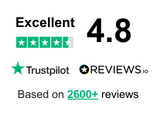
FAQs About Health and Social Care Level 1
What is a Level 1 Health and Social Care qualification, and who is it for?
A Level 1 Health and Social Care qualification introduces foundational skills for working in healthcare or social services. Ideal for beginners, school leavers, or career changers, it covers basic care principles, communication, and workplace safety. Typically equivalent to GCSE grades 3-1 (D-G), it suits those with little to no experience. The course, often completed in 6-12 months, prepares learners for entry-level roles like care assistants or for further study at Level 2. Unlike competitors, this qualification emphasizes practical skills and real-world application, ensuring readiness for compassionate, person-centered care. Check local colleges or online providers for flexible study options.
What is diversity in health and social care?
Diversity in health and social care refers to recognizing and valuing differences in individuals’ backgrounds, including race, ethnicity, gender, age, disability, religion, and sexual orientation. It ensures equitable access to care, tailored to unique needs, promoting inclusivity and respect. By embracing diversity, providers deliver culturally sensitive services, improving patient outcomes and trust. For example, understanding cultural dietary preferences or language barriers enhances care quality. It also involves diverse staffing to reflect communities served, fostering empathy and reducing disparities. Effective diversity practices comply with equality laws, like the UK’s Equality Act 2010, and prioritize person-centered care, ensuring everyone feels valued. This approach not only meets ethical standards but also drives better health equity and social cohesion.
What is the Health and Social Care Act 2012 summary?
The Health and Social Care Act 2012 is a landmark UK legislation reforming the NHS. It introduced clinical commissioning groups (CCGs), led by GPs, to manage local healthcare budgets, enhancing community-focused care. The Act shifted public health responsibilities to local authorities, created NHS England to oversee services, and established Healthwatch to amplify patient voices. It aimed to improve efficiency, patient choice, and competition among providers while reducing administrative costs. Key changes included abolishing primary care trusts and strategic health authorities. The Act sparked debate over privatization risks but sought to modernize healthcare delivery. Its impact continues to shape NHS operations, emphasizing integration and patient-centered care.
What is inclusion in health and social care?
Inclusion in health and social care means ensuring everyone, regardless of age, gender, ethnicity, disability, or socioeconomic status, has equal access to quality care and support. It involves creating environments where diverse needs are respected, and individuals feel valued and empowered. This includes providing culturally sensitive services, accessible facilities, and personalized care plans. Inclusion promotes equity by addressing barriers like discrimination or language challenges, ensuring no one is left behind. By fostering inclusive practices, health and social care providers improve patient outcomes, enhance trust, and build stronger communities. Effective inclusion requires ongoing training, community engagement, and policies that prioritize diversity and accessibility.
Do I need any prior qualifications?
Not at all! This diploma is beginner-friendly. All you need is a commitment to learning and a passion for supporting others.
How is the course assessed?
Forget about traditional exams; this diploma uses a practical approach. You’ll compile a portfolio of evidence through on-the-job assessments, observations, and reflective practice. It’s all about proving your skills in real-world settings.
What are barriers in health and social care?
Barriers in health and social care are obstacles that prevent individuals from accessing or receiving quality care. These include physical barriers (e.g., lack of wheelchair access), financial barriers (e.g., high treatment costs), cultural barriers (e.g., language differences or stigma), and systemic barriers (e.g., long waiting times or inadequate staffing). For example, rural communities may face limited healthcare facilities, while marginalized groups might encounter discrimination. Overcoming these requires tailored solutions like policy reforms, increased funding, and cultural sensitivity training. By addressing these barriers, we ensure equitable care for all, improving health outcomes and social well-being.
What is diversity in health and social care?
Diversity in health and social care refers to recognizing and valuing differences in individuals’ backgrounds, including race, ethnicity, gender, age, disability, sexual orientation, and beliefs. It ensures equitable access to care, respecting unique needs and preferences. By embracing diversity, providers deliver personalized, culturally sensitive services, improving patient outcomes and satisfaction. For example, understanding cultural dietary preferences or language barriers enhances communication and trust. It also involves inclusive hiring practices to reflect the community served, fostering empathy and reducing biases. Prioritizing diversity promotes fairness, addresses health disparities, and creates supportive environments for all. Training staff on cultural competence and implementing inclusive policies are key steps. This approach not only meets legal and ethical standards but also strengthens community health and social care systems.
What is empowerment in health and social care?
Empowerment in health and social care means enabling individuals to take control of their health, well-being, and care decisions. It involves providing personalized support, clear information, and resources to make informed choices. By fostering independence, confidence, and self-advocacy, empowerment ensures people feel valued and respected. This can include involving patients in treatment plans, promoting self-care, or supporting vulnerable groups to access services. Unlike traditional models where professionals solely dictate care, empowerment emphasizes collaboration, dignity, and person-centered approaches. It leads to better health outcomes, increased satisfaction, and reduced dependency on services. For example, empowering a patient with diabetes might involve education on managing their condition, encouraging lifestyle changes, and ensuring they have a voice in their care plan.
What is legislation in health and social care?
Legislation in health and social care refers to laws and regulations that govern the delivery, quality, and safety of healthcare and social services. These laws protect patients, service users, and staff while ensuring ethical standards and equality. Key examples include the Health and Social Care Act 2012, which reformed NHS structures, and the Care Act 2014, which outlines duties for local authorities to support vulnerable adults. Other laws, like the Equality Act 2010, promote non-discrimination, while the Mental Capacity Act 2005 safeguards decision-making for those lacking capacity. These regulations ensure accountability, person-centered care, and compliance with national standards, benefiting providers and recipients alike. Staying updated with legislation is crucial for professionals to deliver lawful, compassionate care.
What is whistleblowing in health and social care?
Whistleblowing in health and social care involves reporting concerns about unsafe practices, neglect, or abuse within healthcare or social service settings to protect patients, clients, or staff. It empowers employees, volunteers, or others to speak up about issues like inadequate care, unsafe working conditions, or ethical violations without fear of retaliation. Under laws like the UK’s Public Interest Disclosure Act 1998, whistleblowers are protected when raising genuine concerns. For example, a nurse might report understaffing that risks patient safety. Organizations must have clear policies to support whistleblowers, ensuring confidentiality and investigations. Whistleblowing promotes accountability, improves care quality, and safeguards vulnerable individuals. If you witness wrongdoing, report it to a manager, regulator (e.g., CQC in the UK), or helplines like Protect. Your voice can drive change and uphold safety standards.
What is a policy in health and social care?
A policy in health and social care is a formal set of guidelines or rules designed to ensure safe, effective, and equitable delivery of services. These policies, developed by government bodies, healthcare organizations, or regulatory agencies, outline standards for patient care, staff conduct, safety protocols, and ethical practices. Examples include infection control policies, safeguarding procedures, and equality frameworks. They aim to protect patients, improve service quality, and ensure compliance with legal requirements. By standardizing practices, policies promote consistency, accountability, and trust in care settings. Regularly updated to reflect new evidence or regulations, they guide professionals in delivering compassionate, high-quality care while addressing diverse needs.
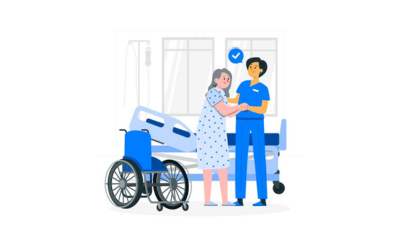
SAVE 84% - OFFER ENDS SOON
£125.00Original price was: £125.00.£20.00Current price is: £20.00. ex Vat- 1 year
- Intermediate
- Course Certificate
- 2 hours, 6 minutes Gift this course
Subscribe to this course and 2,000+ top‑rated Training Express courses for your organization.
Try Training Express Business- For teams of 5 or more users
- 2,000+ fresh & in-demand courses
- Learning Engagement tools
- SSO and LMS Integrations
 Food Hygiene
Food Hygiene Health & Safety
Health & Safety Safeguarding
Safeguarding First Aid
First Aid Business Skills
Business Skills Personal Development
Personal Development
